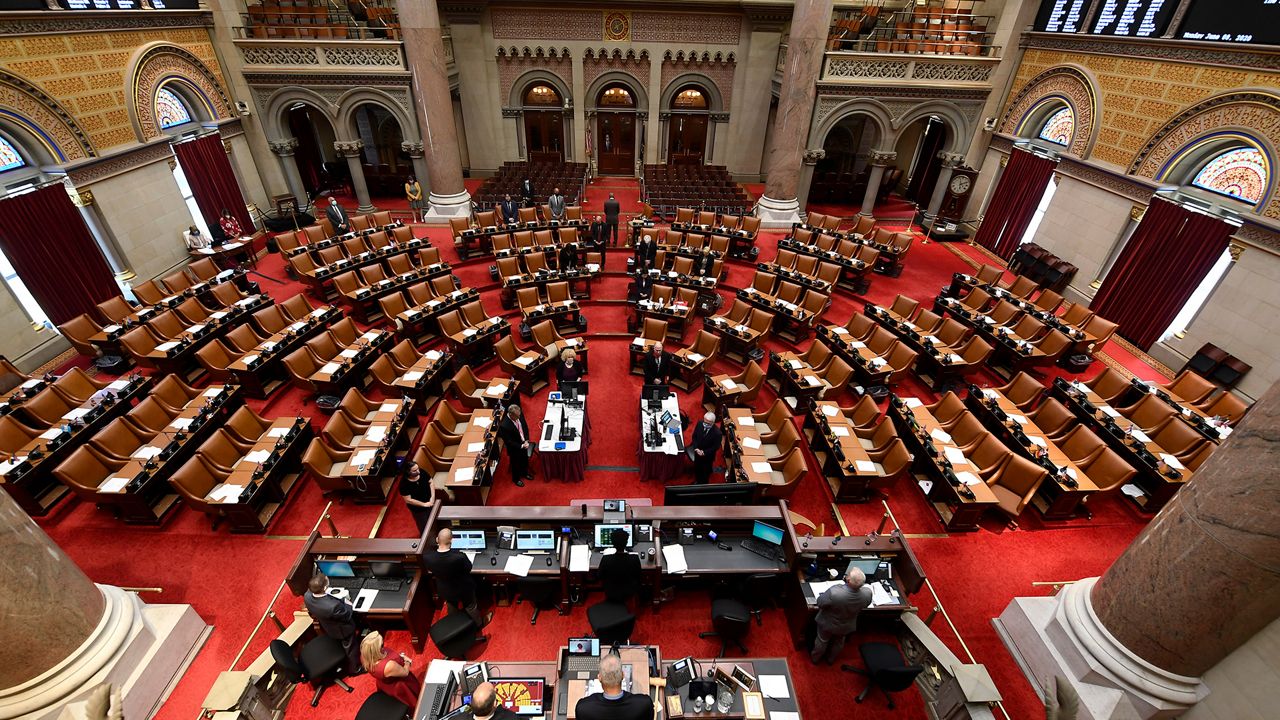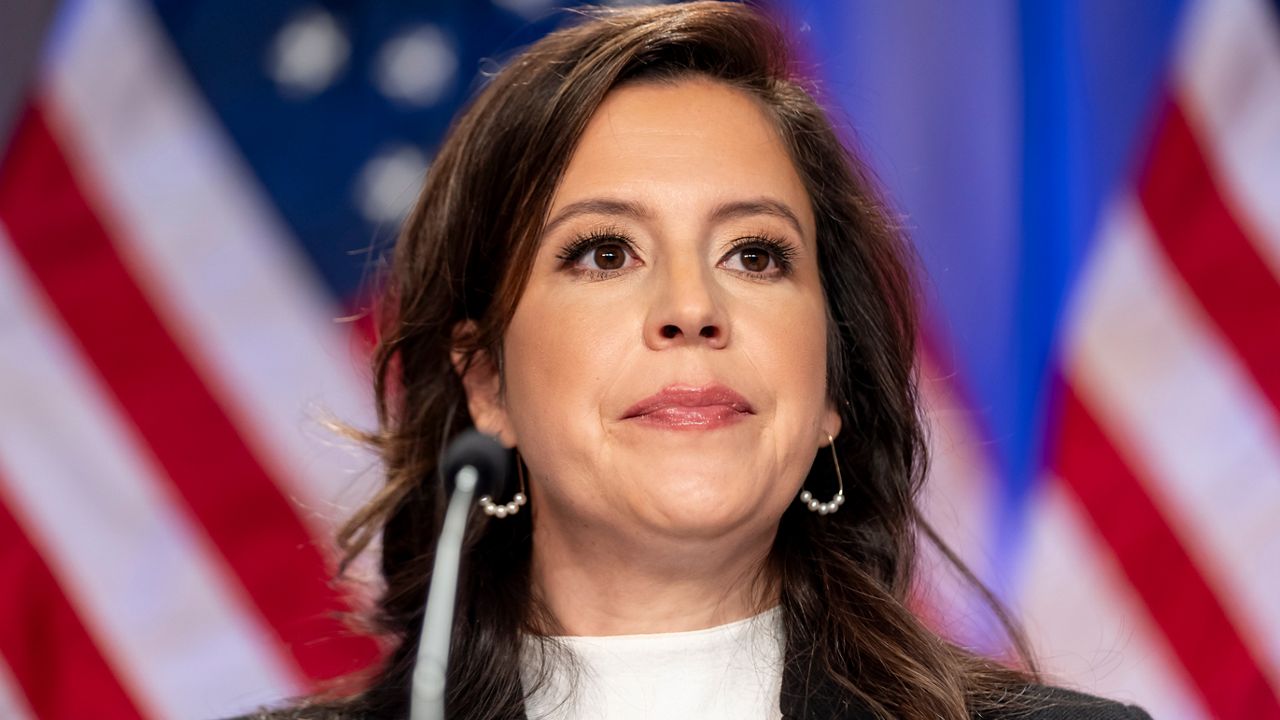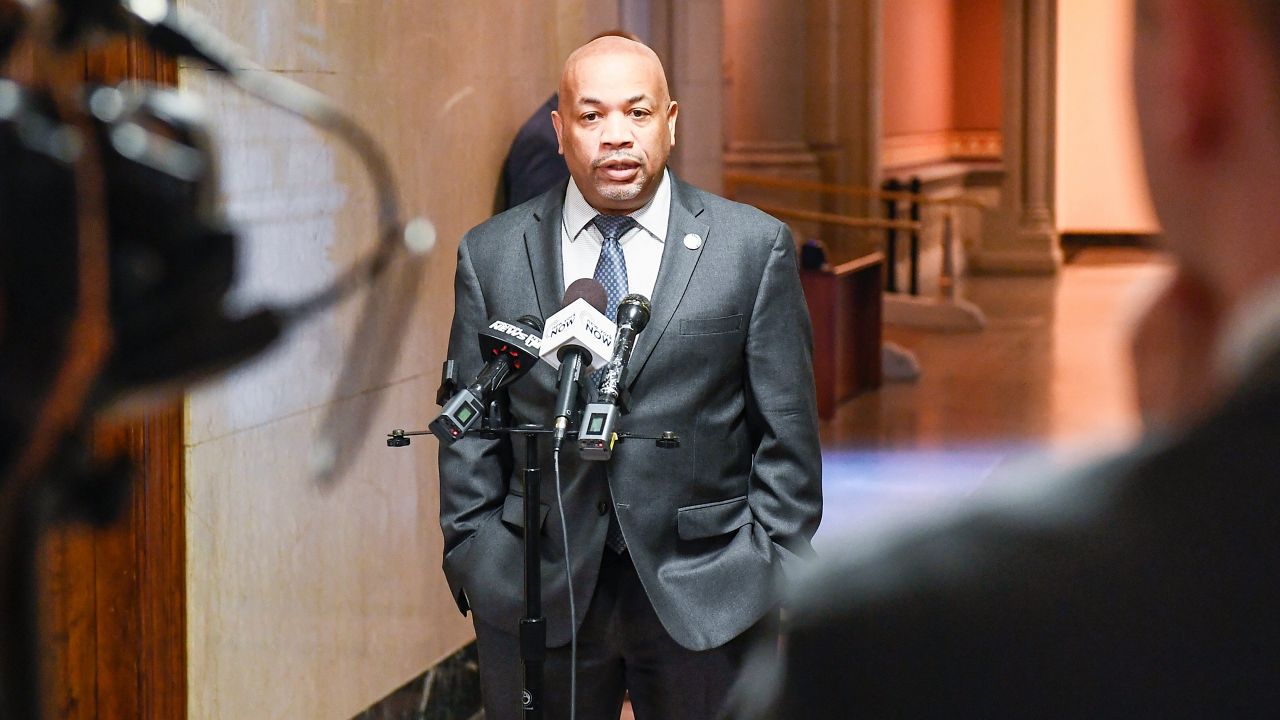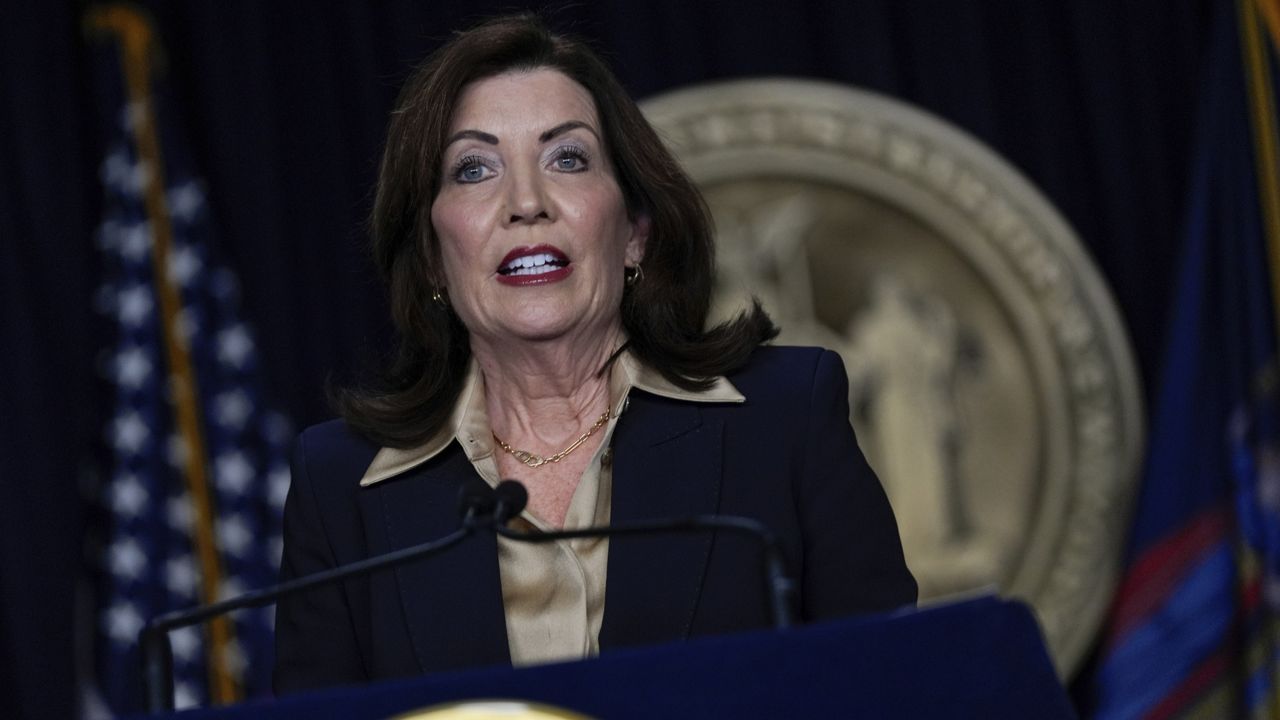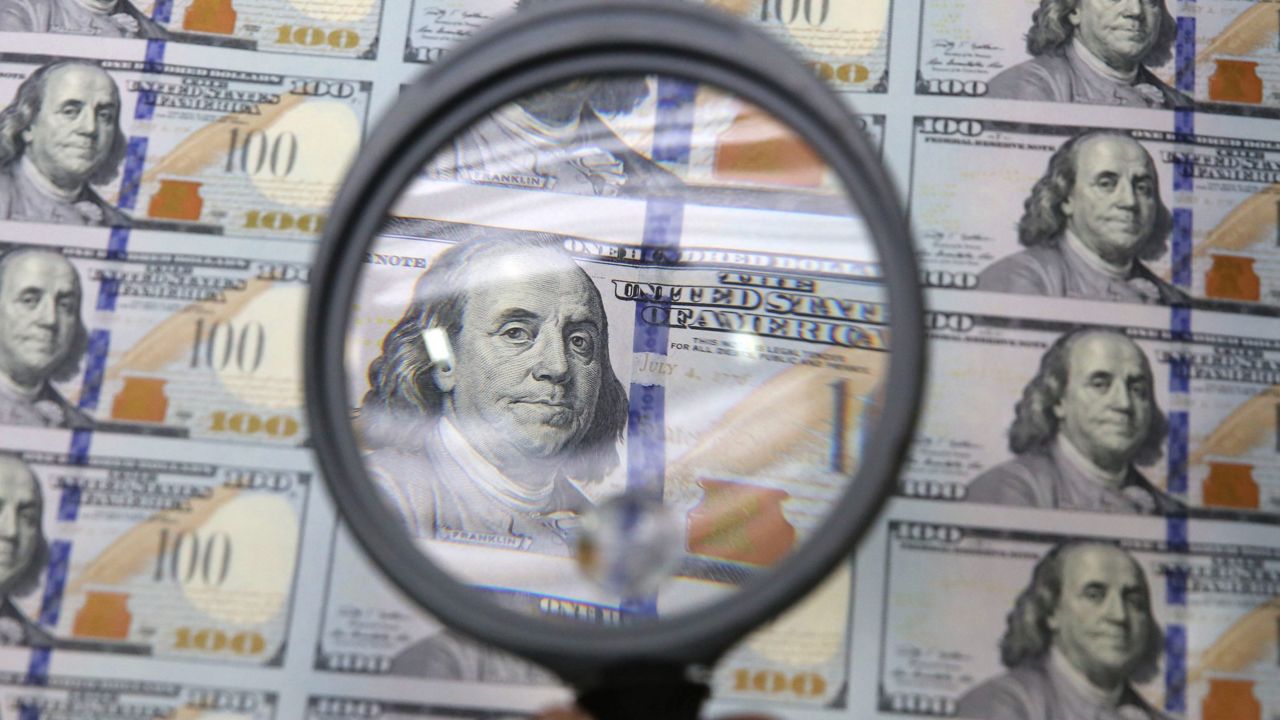Veteran members of the state Assembly are calling for increasing taxes on upper income earners in New York.
The push for increasing taxes could receive new energy as Congress has reached a deal for a COVID-19 stimulus agreeement that did not include unrestricted aid to state and local governments reeling from the loss of revenue during the pandemic.
"New York State can avoid cuts to lifesaving and life stabilizing services by asking the ultrawealthy to pay their fair share. New York's hard-working families, low-income New Yorkers, and communities of color have already been hard hit by COVID-19, and they simply should not have to bear the burden of balancing the budget on their backs," said Assemblywoman Linda Rosenthal.
"For years, my colleagues and I in the New York State Assembly have led the movement toward progressive tax reform, passing legislation to impart equity into the tax code. The time to return to Albany is now."
Assembly lawmakers Felix Ortiz, Robert Carroll, Harvey Epstein, Richard Gottfried, Yuh-Line Niou, Karines Reyes, Rebecca Seawright, Jo Anne Simon, Aravella Simotas, and Fred Thiele also released statements saying they were ready now to vote for the tax increase.
Thiele called the revenue to be generated by the tax increase a "down payment."
"Regardless of whatever action may ultimately come from the federal government, with regard to state and local governments, New York State will have to raise revenue in order to maintain essential services such as health care, education, the environment, and public safety," he said.
"Further, a fairer and progressive income tax code in our state is long overdue. Acting now on increasing tax rate for millionaires will demonstrate to working and middle-class New Yorkers facing grave economic uncertainty that we understand their needs."
The statements from the legislators -- Democrats all -- come as some lawmakers have pushed for a special session this month in Albany to approve tax rate increases to help close the state's budget gap.
For now, lawmakers are yet to coalesce around legislation and which income levels would be affected. Discussion has ranged from taxing incomes from $500,000 to $5 million and income levels in between.
Analysis from the progressive Fiscal Policy Institute found raising taxes starting at $750,000 and affecting earners above $100 million would generated more than $6 billion.
New York relies on a relatively small number of wealthy filers for much of the income generated by the personal income tax.
Assembly Speaker Carl Heastie earlier this month said lawmakers were considering an end-of-year session to consider a tax increase that could potentially be retroactive in order to capture more revenue and avoid a potential legal challenge over raising rates on money that was yet to be earned.
The budget is expected to pass by March 31, the end of the state's fiscal year.
Gov. Andrew Cuomo has urged lawmakers to wait for a fuller picture of what aid may be coming from Washington.
Congress on Sunday evening reached an ageement for a $900 billion stimulus package that would send checks to Americans, aid small businesses affected by the pandemic, and extend unemployment.
Aid will also be provided for mass transit systems that have struggled due to low ridership. But direct aid for state and local governments to be made whole was not included amid opposition from Republicans.
Cuomo has said he is counting on President-elect Joe Biden's deal-making ability to push for aid to states to stave off a combination of tax increases, spending reductions and borrowing. Having a fuller understanding of what aid would be coming from Washington in March would make for a more informed budget process, Cuomo has said repeatedly in recent days.
Still, the governor has also acknowledged a tax increase, even one that does not close a multi-billion dollar budget gap on its own, is likely necessary next year.




